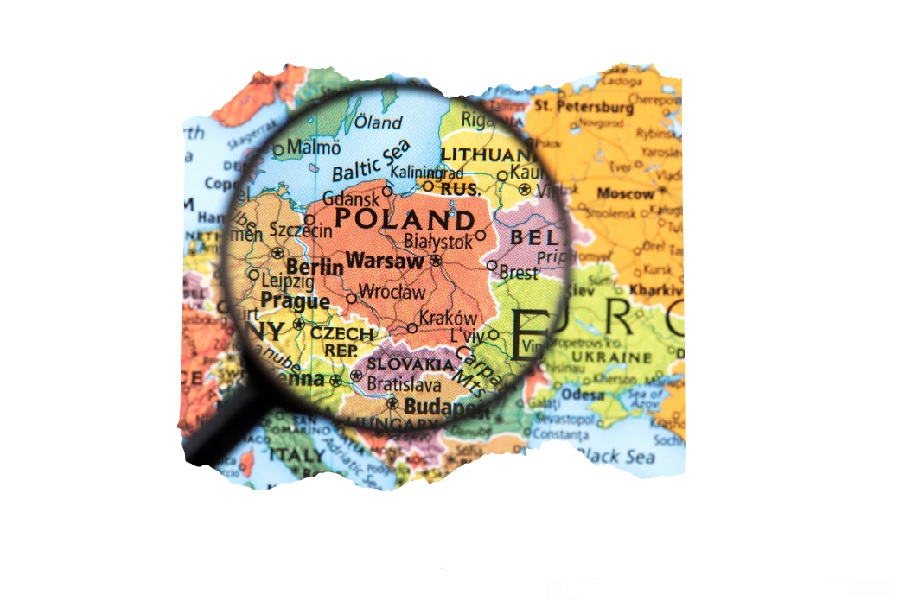“Poland and its neighbors in the 20th and 21st century, 1918 – 2022. Convergences and Divergences” - Workshop summary
The workshop “Poland and its neighbors in the 20th and 21st century, 1918 – 2022. Convergences and Divergences”, organized by the Viadrina Center of Polish and Ukrainian Studies at the Europa-Universität Viadrina and the Faculty of Sociology of the University of Warsaw, brought together researchers from a variety of disciplines – including sociology, history, and Slavic studies. It was aimed at mapping, understanding and contextualizing the most important shifts, both contemporary and past, in the relationships between countries and societies in Central-Eastern Europe.

The aim of the workshop organizers was to develop a broader sociological and historical framework for understanding the region. Ranging from presentations of finalized large-scale projects to ongoing research at various stages of completion, the papers focused on various aspects of economic, political, and social dynamics and tensions in Central-Eastern Europe, both past and present.
Claudia FOLTYN (Augsburg) presented the results of a large-scale discourse analysis of press materials concerning shale gas extraction, which evidenced a value divergence between the West’s focus on ecological transition, and Eastern Europe’s emphasis on energy security. Bartosz MATYJA’s (Warsaw) presentation centered on the how international trade and expanding consumption in socialist Poland between the 1950s and the 1970s impacted the way Polish elites perceived and reflected on the socialist economy. Anton LIAVITSKI (St. Gallen) examined how the post-USSR Belarussian conservatives critiqued nationalism and articulated alternative visions of democracy. Tomasz RAWSKI’s (Warsaw) paper, drawing on data gathered within an extensive study of Russian war mobilization, centered on Russian war migrants’ visions of Russia’s future. Alexandra PULVERMACHER (Klagenfurt) discussed the contested hypothesis of NKVD – Gestapo cooperation in the persecution of the Polish underground during World War 2 and its entanglements in memory politics. Magdalena GIBIEC (Wrocław) examined the development of Polish-Ukrainian resentment in inter-war East Galicia through the lens of Roger Peterson’s emotion-based theory of ethnic violence. Mark KECK-SZAJBEL (Frankfurt (Oder)) raised the issue of Polish demands for war reparations from Germany, posing more general questions about the difficulty in measuring wartime losses from a contemporary perspective. Finally, Veronika WARZYCHA (Berlin) presented an exploratory case study of socio-spatial memory in the Polish-German border city of Guben/Gubin.
A number of recurring themes emerged both from the presentations and the discussions – (1) an emphasis on the multidimensionality and agency of borders, (2) the key role of materiality, (3) the centrality of memory politics for understanding tensions within the region, (4) the emergence and shifts of collective self-reflection, (5) uncertain visions of the future. Overall, the workshop provided a platform for lively, fruitful, interdisciplinary exchange for researchers from the region.
Text by Anna Pazio